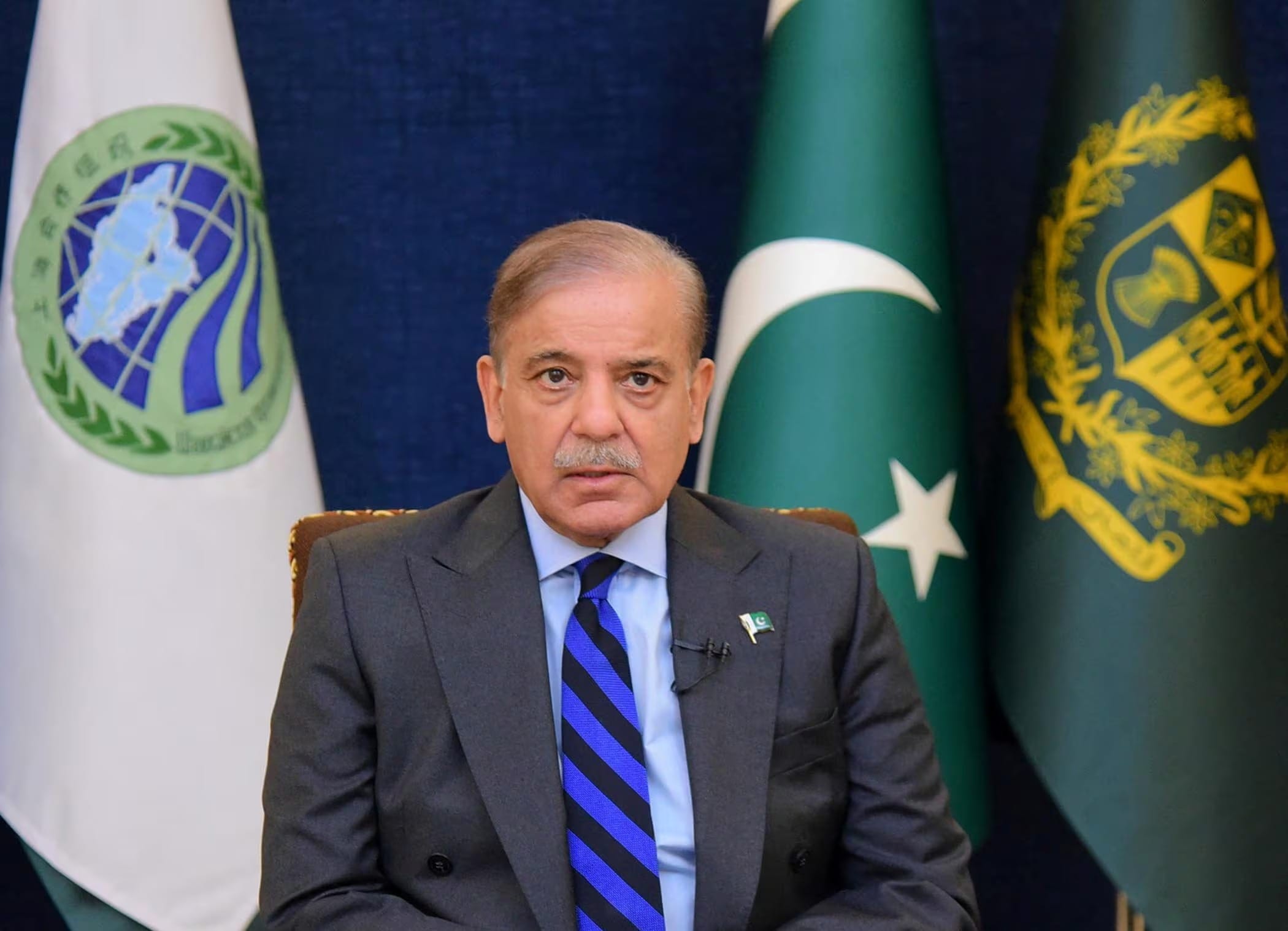Pakistan Extends Airspace Ban on Indian Airlines Until June 24 Amid Growing Tensions
In a move reflecting rising diplomatic tensions between the two South Asian neighbors, Pakistan has extended its ban on Indian aircraft from using its airspace until June 24, 2025. The decision marks a continued escalation in cross-border friction, with India responding by extending its own ban on Pakistani flights until June 23.
These reciprocal airspace restrictions are taking a significant toll—particularly on India’s aviation industry. With Pakistani airspace off-limits, Indian airlines have been forced to reroute multiple international flights, resulting in longer travel times, increased fuel consumption, and unscheduled stopovers.
Heavy Losses for Indian Carriers
Major Indian carriers, including Air India and IndiGo, are reportedly grappling with operational disruptions on several long-haul routes. The cost of these diversions is mounting fast, with industry insiders estimating financial losses exceeding ₹8 billion (approximately $96 million USD) so far.
The affected routes include flights to Europe, Central Asia, and parts of the Middle East, where bypassing Pakistani airspace significantly extends flight durations. This not only affects airline profits but could also lead to higher ticket prices, flight delays, and reduced service frequencies, ultimately impacting passengers.
Pakistan Less Affected
On the other hand, Pakistan’s aviation sector remains relatively insulated from the fallout. With fewer international airlines relying heavily on Pakistani airspace, the operational impact on its carriers and airports has been minimal compared to India’s.
Political Conflict, Public Cost
This standoff highlights how geopolitical disputes can disrupt critical everyday infrastructure, such as air travel. While governments use such measures to assert political positions, it is the travelers, businesses, and the broader economy that often bear the brunt of the consequences.
Experts warn that continued restrictions could strain regional trade, limit people-to-people contact, and further destabilize the already fragile peace in South Asia. The airspace bans are not merely technical decisions—they are symbolic of deepening mistrust and diplomatic deadlock.
What Lies Ahead?
Unless diplomatic efforts are made to defuse the situation, aviation analysts believe that delays, rising operational costs, and reduced passenger comfort may persist. There are also concerns about the long-term implications for regional connectivity and bilateral trade, especially as both countries hold strategic positions in major flight corridors.
As the deadline approaches, all eyes will be on whether either side softens its stance—or whether the skies above South Asia will remain another frontline of conflict.















